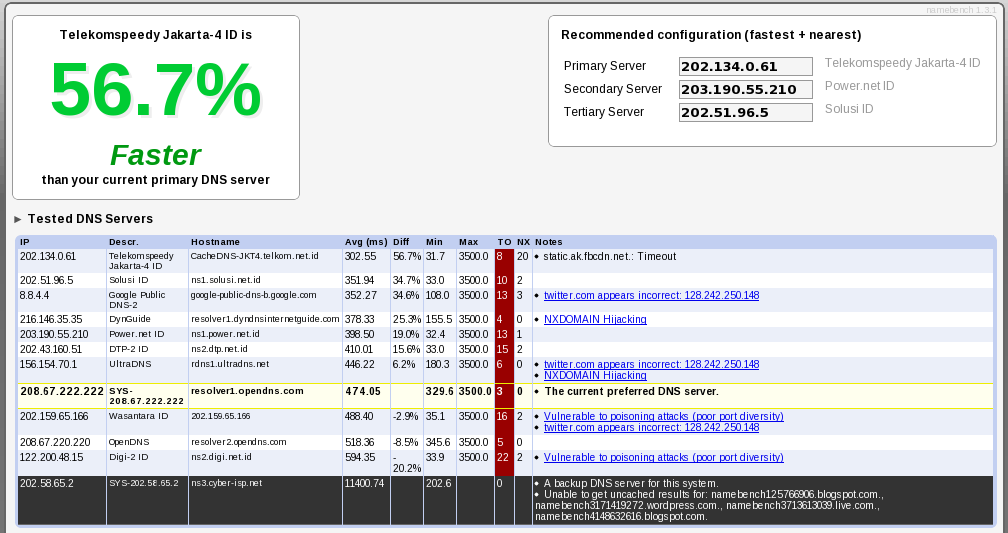

There are many commercial DNS servers and lots more who are totally free. Step 4 – Alternative Open DNS Servers There is no need to use the DNS servers from your ISP. So if anyone types in – then they’ll never get access to Google (or wait till 1st of April to do this). In its test OpenDNS and provders DNS came first neck to neck with almost identical results and Google. The IP 127.0.0.1 is a special IP, that “loops back” to your own network card and never gains access to the Internet. DNS Benchmark came to quite different conclusions. , the first sample includes the time to resolve that hostname, before actually contacting that DNS. Also, when resolving the DNS server from a hostname i.e. Now, sneaky as this is, you can use the hosts file to block access to sites like Google. Also the default servers that ship with the app are IPv4 hence unreachable on modern networks. If you load startpage, then there’s no issue with your internet connection. Next time your internet appears to fail, put into your browser.
#How to use google dns benchmark drivers
Start > Accessories > Right click on notepad > Run as Administrator File > Open > c: > Windows > System32 > drivers > etc > hosts If your internet access “fails” but you can connect to the Startpage search engine, then you’ve located the problem instantly. It may even detect when DNS queries are not being consistently answered – which is the money shot!!Ī great way to double check whether you have “DNS” issues, is to edit your local hosts file, and place the IP for in there. The Benchmarking will aid your ISP in locating the exact problem, and more importantly if you screenshot the results, you can email these to the ISP as evidence. This will dramatically impact your ability to use the Internet. Ideally your ISP DNS should be responding quickly, but if it’s congested, there may be significant delays. This will compare your ISP DNS Nameserver against public DNS Nameservers, to find the fastest response. Step 2 – Run the Benchmark against Public DNS servers.

If your ISP is disputing this, it’s best to give them hard evidence of the timing issues relating to the DNS timings. If your internet connection seems slow, it may not be your actual internet connection that is the problem, often it will be the DNS Nameserver of your ISP that’s causing your issues.


 0 kommentar(er)
0 kommentar(er)
